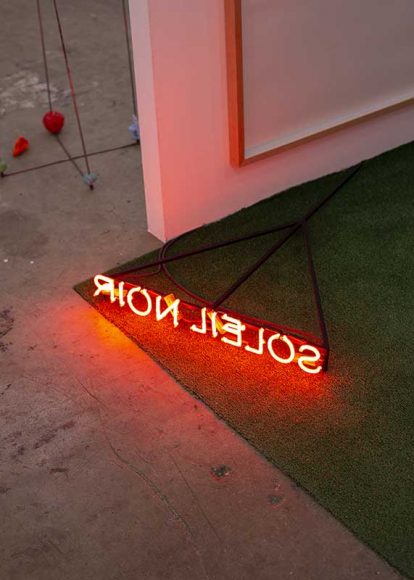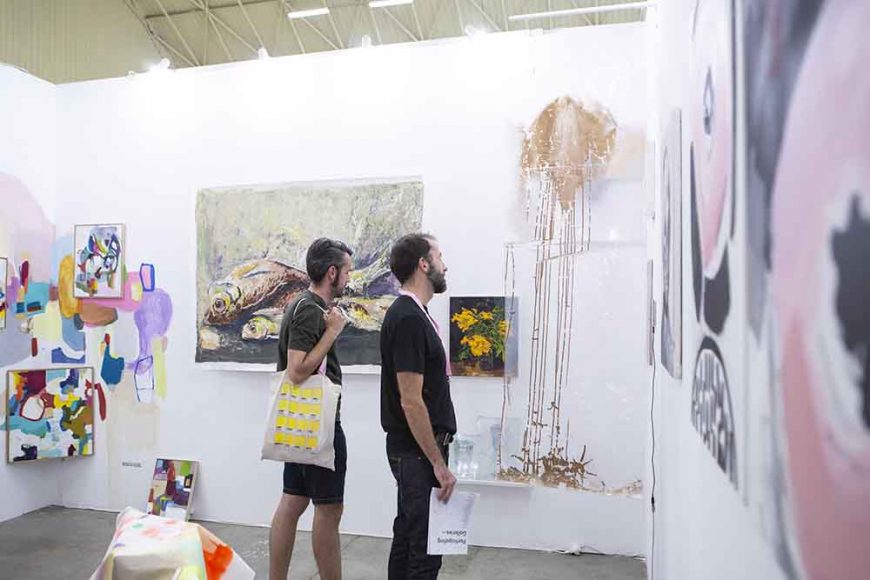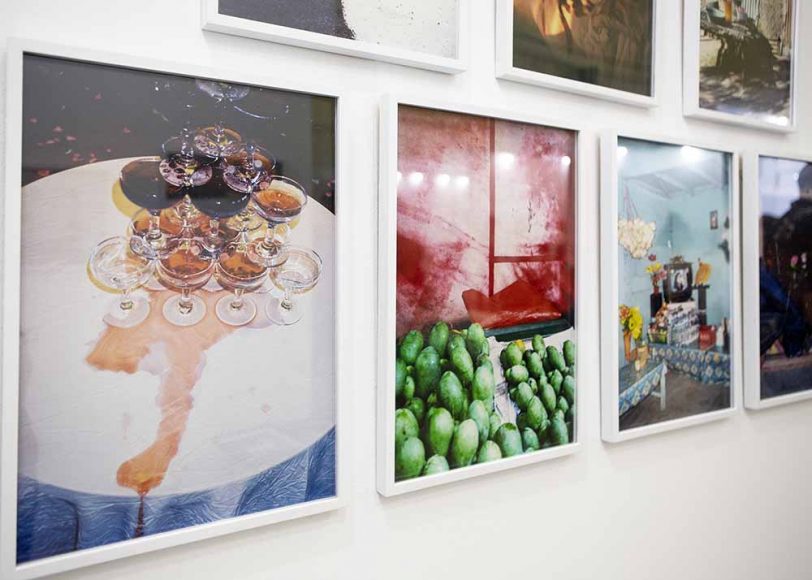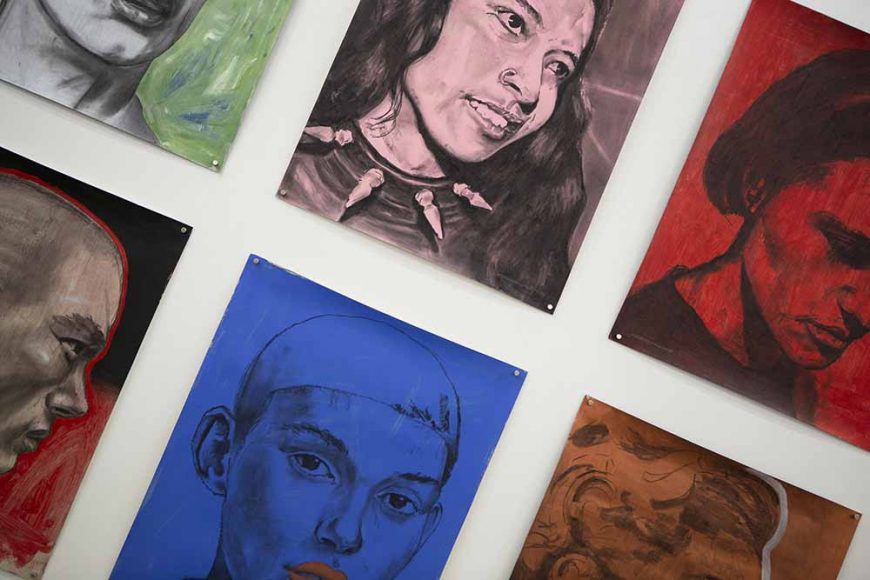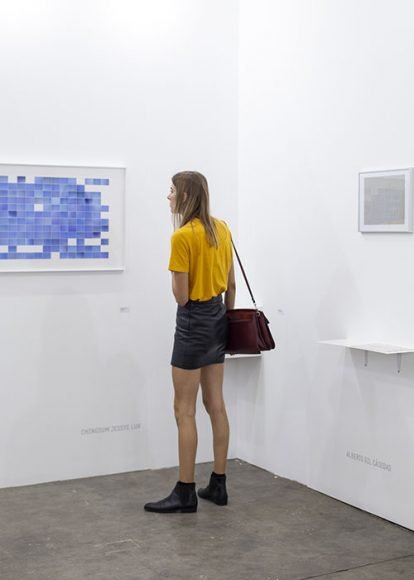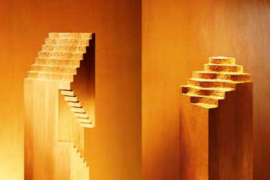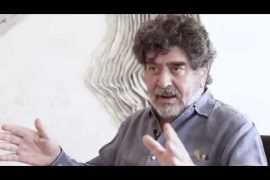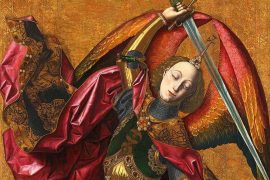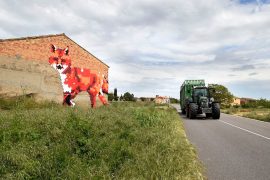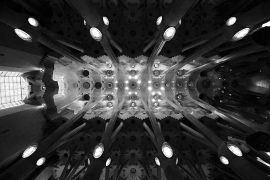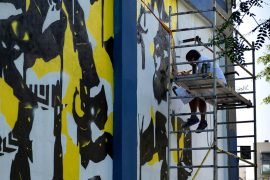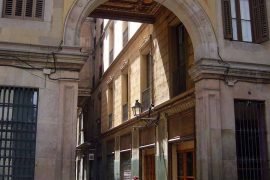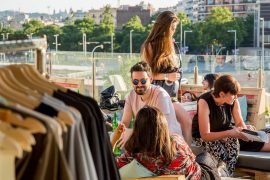“Swab is a boutique fair where quality is more important than quantity and is a reflection of what is happening on the international art scene,” says the event’s director and founder, Joaquín Diez-Cascón.
By this determination, Swab convened from the 27th to the 30th September some 300 established and emerging artists from over 60 galleries on five continents at Barcelona’s Italian Pavilion. Evolving from different programmes, the fair has consolidated as a reference exhibition of vanguard independent art, its connection with the city and its relationship with the world.
The General programme—the fair’s most important and sophisticated—this year included offers from 32 galleries, among which were the most representative of Barcelona, Madrid, Seville, Valencia and Palma in Majorca. Alongside these, there was an international perspective with galleries from places like Moscow, Germany, Peru, Argentina, Mexico and the Philippines. “There have been bold, incredible proposals that enhance international art,” said Carolina Diez-Cascón, the Swab project manager.
One of the fair’s premieres this year was the presentation of the programme The Cactus and The Desert, whose artistic director is the renowned independent curator, Cuban Omar López-Chahoud. In this instance, six guest galleries from New York presented their propositions under a common denominator: how the cactus—a metaphor for humans—can live in extreme conditions and how we adapt to these. The artists, all born between 1985 and 1995, offered their particular approaches to the subject through pictorial works that allude to magic, to the tribe, and to contact with the earth or a return to origins.
“We seek a medium-sized format, as with other fairs held in San Francisco, London, Paris, Mexico, Copenhagen or Puerto Rico, in which 20 to 80 galleries participate and where young artists want to be.”
Joaquín Diez-Cascón, director and founder of Swab.
For its part, the On Paper programme left no one indifferent with its unambiguous scrutiny of paper as a narrative, and also as a reflection of a new era. “We thought we were in a totally digital age, but paper is the most traditional technique; it speaks out and has a leading role” said Carolina Diez-Cascón.
The programme brought together a total of seven projects in which artists made their own analysis of digital from the point of view of paper. Their offer included interesting takes such as as the use of meteorological applications expressed through the transformation that the paper undergoes when left out in the open. The effect of the weather interferes with its aspect, with the changes then materializing in an artistic work of great significance.
In its fourth edition, Swab Seed offered a space to exhibit the work of several independent artistic platforms that are modifying the contemporary art scene and that differ from the traditional gallery model. Groups of artists, pop-ups, itinerant galleries and even online galleries from New York, the city of Querétaro in Mexico, London, Bogotá, Lisbon, Okinawa, Bali or Barcelona, which have been the mainstay in this scene.
At this edition, My First Art Fair made it possible to sponsor and bring projects by three galleries to the city: Las Palmas from Lisbon, Storage Capacité from Germany, and High Gallery from Poland. It was the very first participation at an international fair for all three.
The Performance programme, which advocates performance art, joined the fair for the first time at the fourth edition with the support of the Diputació de Barcelona regional administration. A jury formed by Alexandra Laudo, Joan Morey and Imma Prieto selected six artists whose performances will also be enacted at other places in Catalonia.
The second edition of the Ephemeral program was curated by Caterina Almirall in collaboration with the Fabriques de Creació de Barcelona—the Barcelona Art Factories: Hangar, La Escocesa and Fabra i Coats. Under the title Softbodies, not ahead but inside, the installations presented by six artists proposed the exploration of the world, the relationship with the piece, identity, anonymity and ecology. A unique experience for visitors who were invited to explore, participate and be at one with them.
The première inclusion of the Reading programme was another of the novelties with which the event closed. This pop-up space within the Italian Pavilion was conceived as a point where a fruitful selection of published material produced by self-managed artists from Sweden and Estonia was on offer. A space that responds to the increasing relevance acquired by books and magazines, understood as works of art and pieces of great artistic value.
The event also featured the award of eminent prizes and a unique partnership with elBullifoundation in the fair’s gastronomic space. The offer for children at this edition was provided by the Plom Gallery Barcelona and an off-fair calendar of events.
With art ranging from just a few euros to the most expensive at €23,000, about three quarters of the galleries have sold at least some of their works. In this context, this highlights the role of the new, younger collectors aged between 30 and 40 years and who want to acquire contemporary art, in addition to that of the traditional connoisseur. All of them found attractive avant-garde propositions at Swab.

